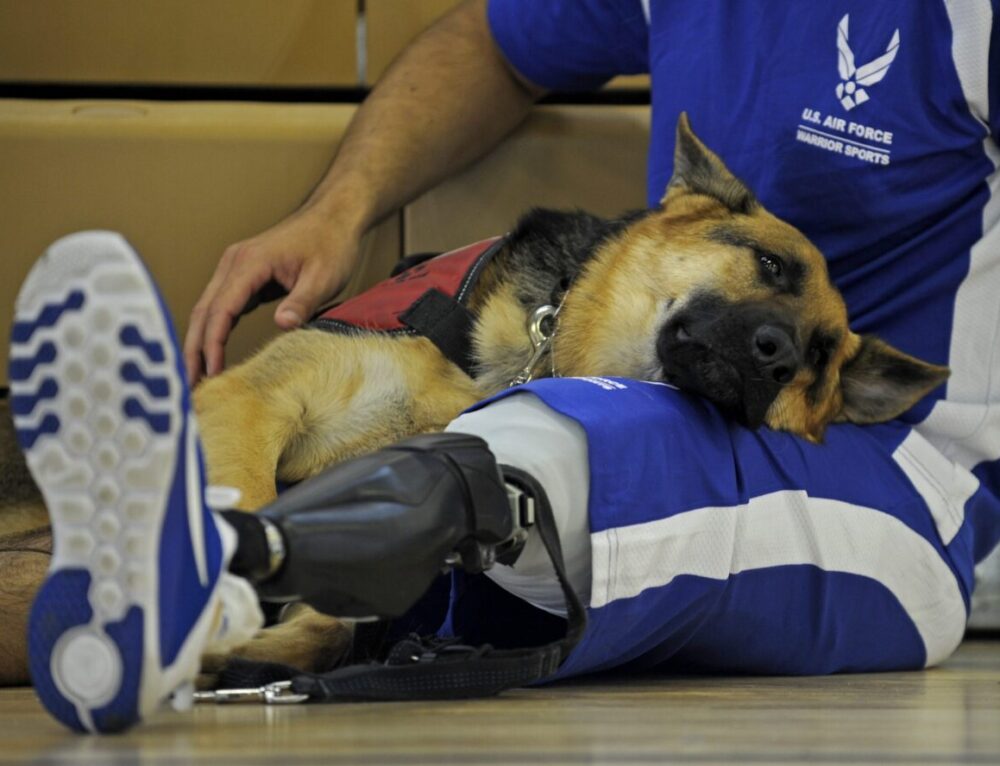Written by Abigail Clement:
Our expectations of “open for business” has taken on a strange new form for many Americans over the past few months, as the novel coronavirus (COVID-19) halts most of the world’s economy. Widespread business closures, both permanent and temporary, have called for widespread adaptation by many business owners, employees, and consumers. One adaptation, the requirement of face masks as recommended by the CDC, provides an ongoing source of controversy as many businesses implement “no mask, no service” policies. However, many people with respiratory or cardiac conditions can’t wear face masks, leading many to question the possibility of discrimination under the Americans with Disabilities Act. Additionally, some people who can wear masks may face other barriers related to disability such as being unable to read lips or pick up other visual cues.
A viral Facebook post even goes as far as providing a card for individuals to present to businesses, ambiguously stating their exemption to any mask policy under the ADA and HIPAA, and threatening fines from the Department of Justice for barring them from entry. The Department of Justice has since addressed these cards as falsely representing the Americans with Disabilities Act.
Those of us working in accessibility and ADA compliance are no strangers to cards and certificates that misinterpret or exploit the Americans with Disabilities Act, though usually involving service animals. As we adapt to a new, post-COVID-19 era of ADA application, it’s only expected that these misinterpretations and exploitations would adapt as well. After all, private businesses are required to maintain access to goods and services under Title III of the Americans with Disabilities Act, regardless of which global events the universe chooses to send. What aforementioned cards fail to mention though is one of the exemptions to the ADA: direct threat to public safety, self, or employees under C.F.R. 36.208. And as nationwide tolls breach 100,000 individuals, COVID-19 is undeniably a threat to public safety.
However, the definition of direct threat does provide a means of mitigation through reasonable modification (often called reasonable accommodation) in which the business may adapt policies and practices to allow access to goods and services. While no one is required to disclose a specific disability, claiming to have a disability does not exempt someone from safety measures—businesses can still require masks to be worn when entering their stores without concerns of discrimination under the ADA provided that they accommodate those who can’t wear masks.
So what does reasonable accommodation look like for a business requiring masks of their consumers? It isn’t necessarily the exact accommodation that someone requests, let alone a free pass to violate public health policies. Many businesses have already adapted to accessible solutions without even realizing it. Curbside pick-up, accessible apps, written or text communication, no-contact delivery, and personal shoppers all provide means of access to goods and services through reasonable modifications under the ADA, while easily coexisting with other COVID-19 policies. In reality, reasonable modifications don’t differ much from pre-pandemic access to goods and services, and neither should our interpretation of exemptions under the Americans with Disabilities Act.
Just like a face mask, a one-size-fits-all approach can leave gaps in accessibility. However, the willingness to adapt, overcome, and accommodate can protect more than public health, including the rights of both consumers and businesses under the Americans with Disabilities Act.





